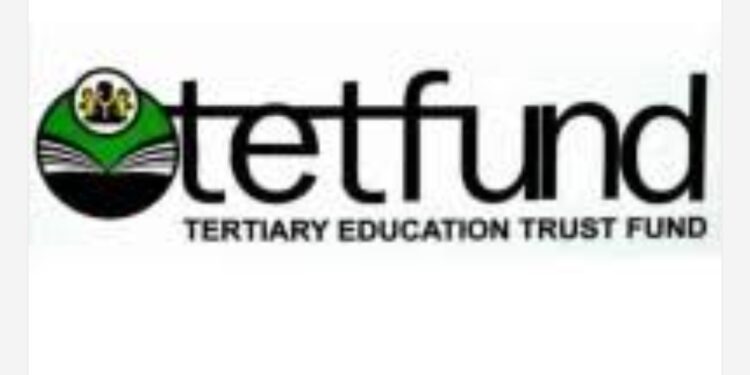In a bid to reform Nigeria’s tertiary education funding landscape, the Federal Government has announced that institutions with student enrolment below 2,000 will no longer qualify for funding from the Tertiary Education Trust Fund (TETFund).
The announcement was made by the Minister of Education, Mr. Tunji Alausa, during a one-day policy dialogue with heads of tertiary institutions, bursars, and procurement directors held in Lagos on Friday.
According to Alausa, the move is part of broader reforms aimed at ensuring the efficient use of public resources. He expressed concern over the current funding model, which he said fails to reflect performance or student capacity.
> “Several polytechnics established since 2019 have just 350 to 550 students enrolled, yet receive the same funding as institutions with over 18,000 students. This is inefficient and unsustainable,” Alausa said.
The new policy mandates that any institution operating for over five years with fewer than 2,000 students may lose access to TETFund support unless it scales up enrolment.
He emphasized that the review of TETFund’s 2024/2025 intervention guidelines is aligned with President Bola Ahmed Tinubu’s directive to maximize the value of public spending in education.
Additionally, the minister raised concerns over the uncontrolled expansion of satellite campuses, describing it as “counterproductive.” He also signaled a policy shift on government-funded foreign scholarships, noting that 85% of beneficiaries fail to return to contribute to national development.
“Many of the academic programmes pursued abroad could be effectively handled within our local institutions,” he noted.
To strengthen local capacity, the government has established 28 Centres of Excellence across public and private institutions. These centres are expected to boost postgraduate training, research, and innovation-driven job creation.
Speaking at the same event, the Executive Secretary of TETFund, Mr. Sonny Echono, reaffirmed the agency’s commitment to a performance-based funding model.
“We are transitioning to a more sustainable model that encourages public-private partnerships, especially in infrastructure such as hostels, innovation parks, and service facilities,” Echono said.
He warned that institutions that fail to meet academic, financial, or enrolment standards could be removed from the list of TETFund beneficiaries.
“This is not a punitive measure. It is about preserving the integrity and impact of TETFund interventions. We want to ensure that only institutions with strong governance, transparency, and accountability benefit from the fund,” he stated.
Echono concluded by calling for renewed commitment to best practices in governance, project management, and compliance across the tertiary education sector.


















































































 EduTimes Africa, a product of Education Times Africa, is a magazine publication that aims to lend its support to close the yawning gap in Africa's educational development.
EduTimes Africa, a product of Education Times Africa, is a magazine publication that aims to lend its support to close the yawning gap in Africa's educational development.